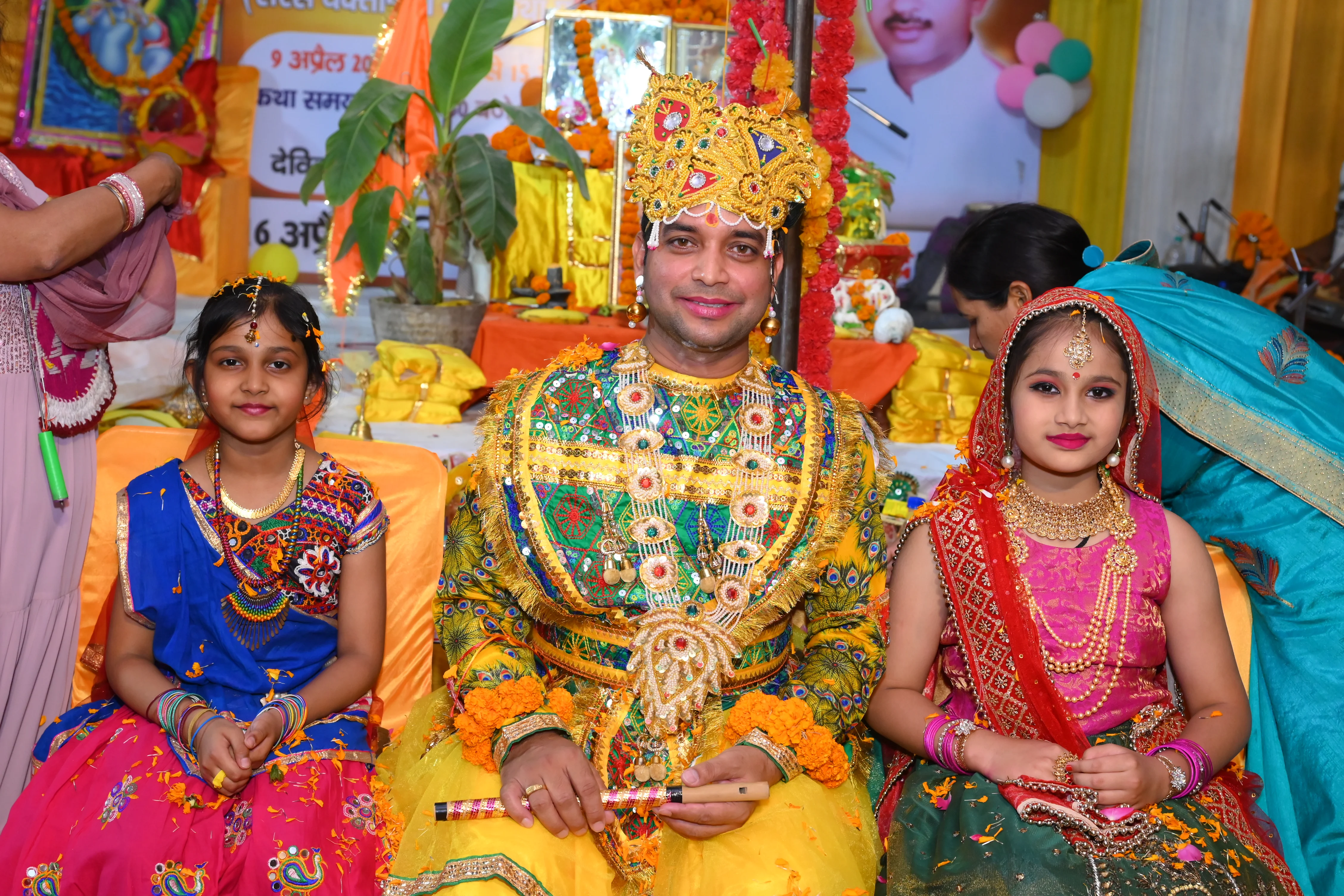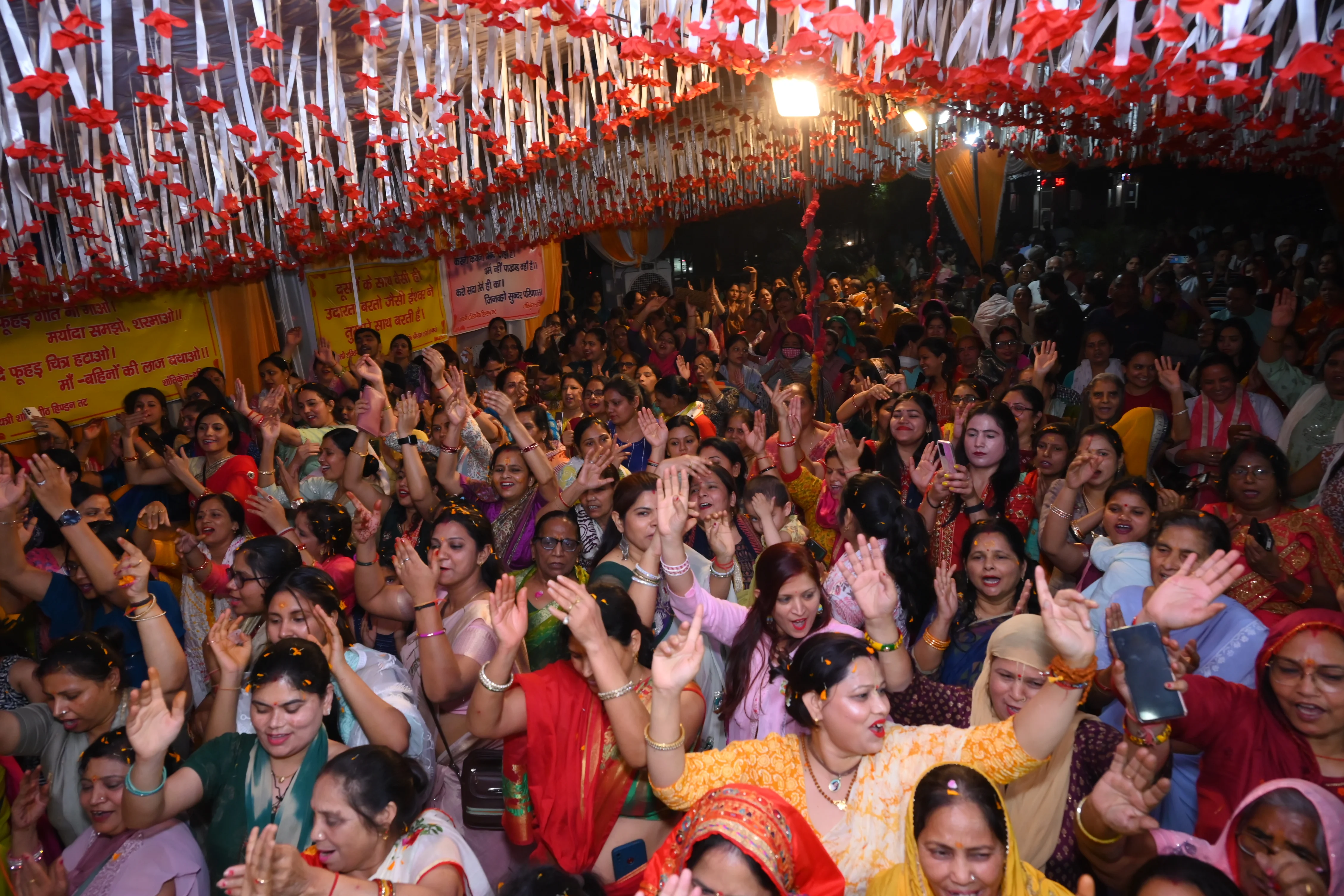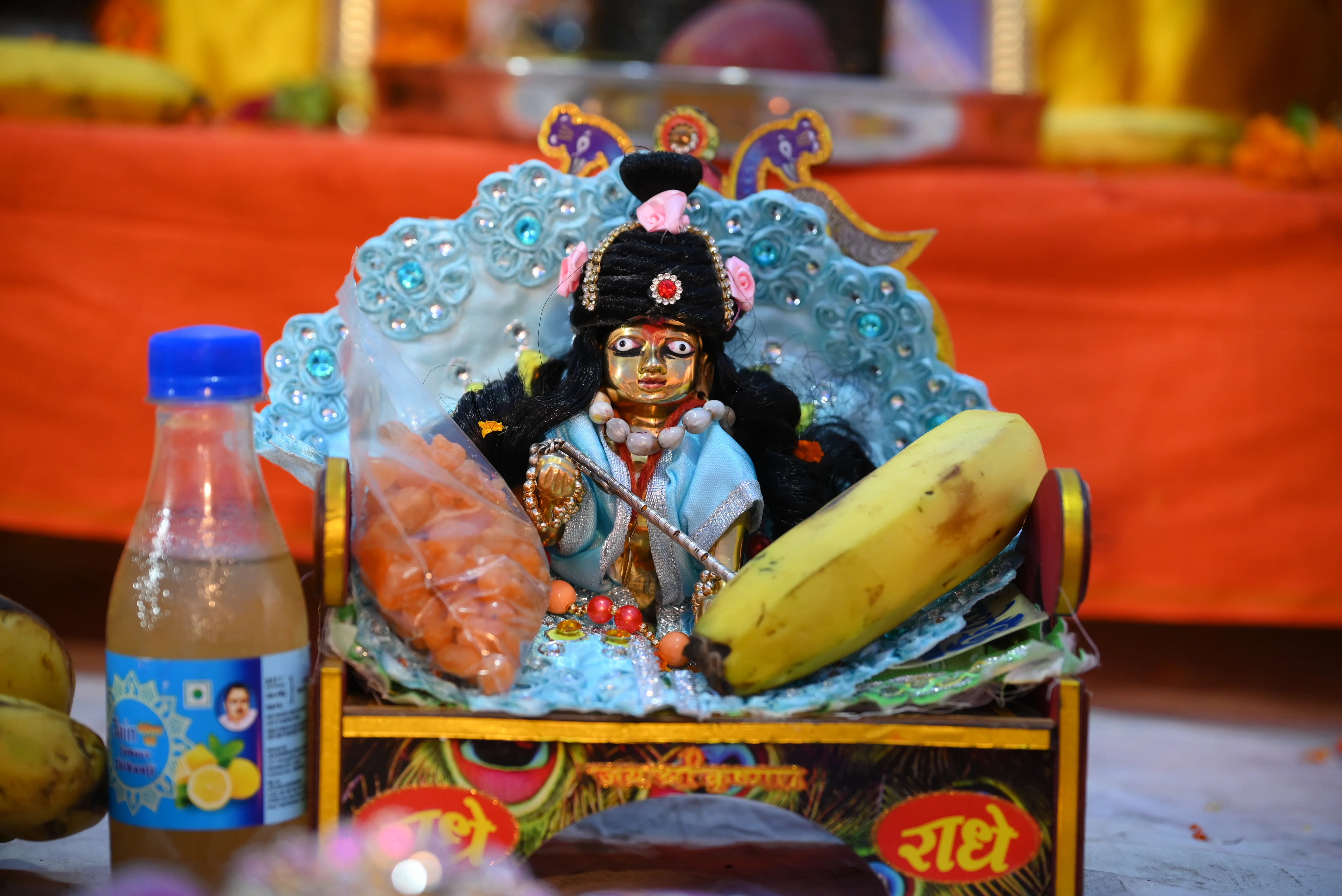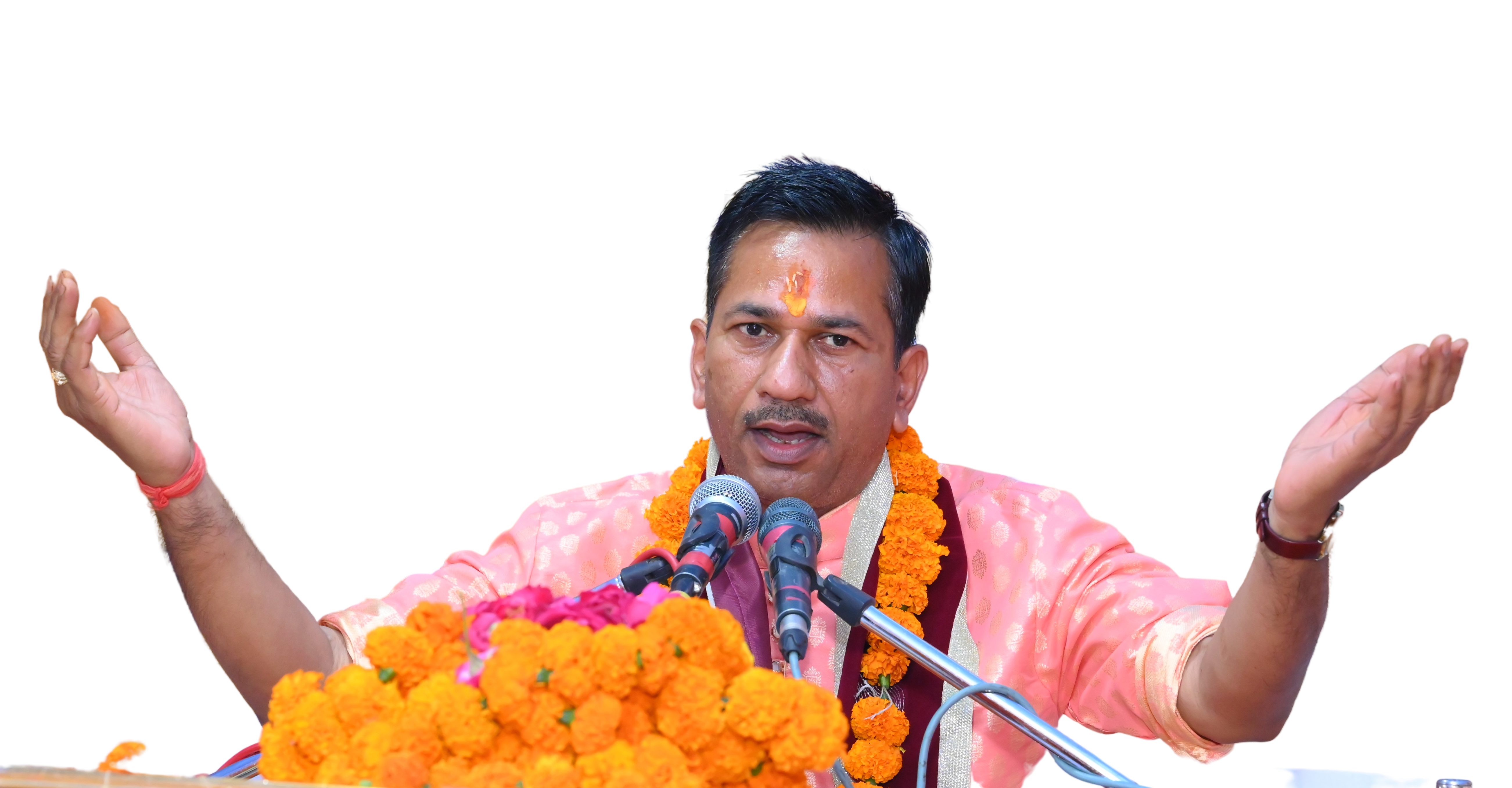I. Introduction
In the introduction, you will captivate the readers by highlighting the allure of lesser-known Hindu gods. Emphasize the vastness and diversity of the Hindu pantheon, mentioning that it extends far beyond the commonly known deities like Brahma, Vishnu, and Shiva. This will pique the readers' curiosity about the lesser-known gods they are about to discover in the blog post.
II. Lord Hanuman: The Mighty Monkey Face God
In this section, focus on Lord Hanuman, a fascinating and powerful deity in Hindu mythology. Highlight his significance as one of the lesser-known Hindu gods. Emphasize his extraordinary powers and unwavering devotion to Lord Rama. Share captivating anecdotes or stories associated with Lord Hanuman that showcase his divine qualities and adventures.
''मनोजवं मारुततुल्यवेगं जितेन्द्रियं बुद्धिमतां वरिष्ठं।
वातात्मजं वानरयूथमुख्यं श्रीरामदूतं शरणं प्रपद्ये॥''
III. Goddess Durga: The Fierce Divine Mother
This section will shed light on Goddess Durga, who is widely revered as a symbol of feminine power in Hinduism. Discuss her various forms and manifestations, highlighting her role as a warrior goddess who battles evil forces. Emphasize the awe-inspiring nature of Goddess Durga and her ability to instill courage and protection in her devotees.
IV. Lord Ganesha: The Remover of Obstacles
Lord Ganesha is a widely worshipped deity in Hinduism known for his unique appearance and symbolism. Explain his popularity and widespread worship, focusing on his role as the remover of obstacles and the god of beginnings. Share intriguing tales that highlight Lord Ganesha's wisdom, cleverness, and his ability to bring success and good fortune.

V. Goddess Saraswati: The Patroness of Knowledge and Arts
This section will explore the divine qualities of Goddess Saraswati, who is revered as the patroness of knowledge, learning, and the arts in Hinduism. Discuss her representation in different art forms and cultural traditions, showcasing her influence on music, literature, and education. Mention specific festivals or rituals dedicated to Goddess Saraswati that celebrate her divine attributes.
VI. Lord Murugan: The God of War and Victory
Lord Murugan is a significant deity in South Indian mythology, known for his valor, beauty, and association with peacocks. Explain his role as the god of war and victory, highlighting his representation of courage, determination, and triumph over adversity. Discuss famous temples and festivals dedicated to Lord Murugan, which attract devotees from all over the world.

VII. Lord Kuber: The Wealth-Giving God
Lord Kuber is associated with wealth and prosperity in Hinduism, serving as the treasurer of the gods. Explain his significance in Hindu rituals and practices related to wealth accumulation and financial well-being. Share practical tips or rituals that followers can perform to invoke Lord Kuber's blessings and attract abundance into their lives.
VIII. Lord Varuna: The God of Cosmic Order
Lord Varuna is connected to the natural elements, particularly water, and plays a vital role in maintaining cosmic order. Discuss his significance in Hindu mythology, focusing on his role in upholding justice, balance, and moral order. Share interesting myths or stories associated with Lord Varuna that highlight his divine qualities and cosmic responsibilities.
IX. Conclusion
In the conclusion, summarize the enchanting journey through the lesser-known Hindu gods. Encourage readers to explore and appreciate the vastness of Hindu mythology, emphasizing the divine nature and unique qualities of these lesser-known deities. Convey the message that by delving


